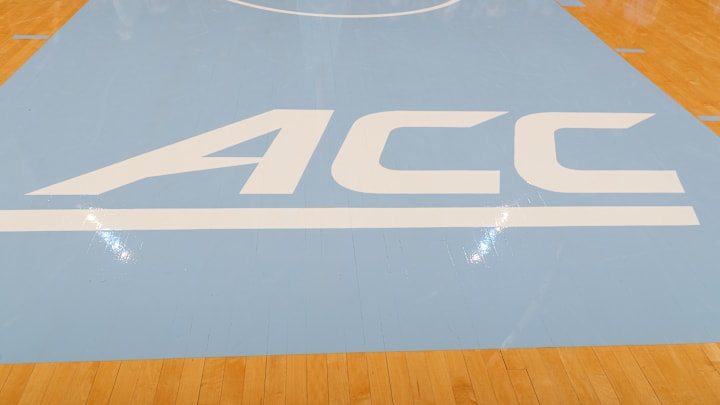Since the 2019-2020 season, the Atlantic Coast Conference has held a 20-game schedule in basketball. This allowed each of the conference's teams to play at least once per season, with each program having a limited number of teams that they play twice during the regular season.
As we know, the ACC didn't have much representation in this year's NCAA Tournament, sending only four teams to the big dance. In hopes of changing this moving forward, the conference's athletic directors have approved moving to a 18-game conference schedule.
Sources: ACC ADs have officially approved moving to an 18-game schedule in basketball, sources tell @CBSSports. League had been on a 20-gamer since 2019-20 (save the COVID year). Decision was made in part because the ACC only sent four of its 18 teams to the men’s NCAAT this yr.
— Matt Norlander (@MattNorlander) May 7, 2025
This updated format is set to begin for the 2025-2026 season. The main reason for this change is to provide teams with more opportunities to bolster their NCAA Tournament resumes through non-conference action.
As an example, instead of having to play a team within the conference that would serve as a potential Quad 3 or Quad 4 victory, it now opens up two more opportunities to schedule non-conference tilts, games that could ultimately be against Quad 1 or Quad 2 opponents.
We heard a ton about the UNC basketball program's NCAA Tournament resume last season, given that the Tar Heels were on the bubble among the field of teams. While North Carolina was considered a "bubble team," their strength of schedule seemed to help them earn a bid into the tournament, given they played over a dozen Quad 1 teams.
While the future schedules for the Tar Heels might not be as much of a gauntlet to deal with, having two more opportunities to schedule games against quality non-conference foes could benefit them (and others) in the long haul.
The plan makes a ton of sense for the ACC moving forward. It was evident that the conference had to adjust in order to better position their teams to build their tournament resumes, as having the flexibility of two more non-conference games should be a major boost toward this goal.
